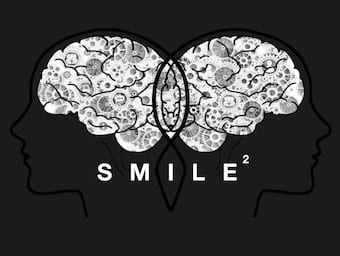
Adelaide SAQ 2015.1
ANSWERS

ANSWERS

Moschcowitz disease (1924) [aka *thrombotic thrombocytopenic purpura (TTP)]. Congenital syndrome characterised by thrombocytopenia, purpura, haemolytic anaemia, hyaline thromboses, renal failure and neurological symptoms.

I’m neither Garr Reynolds nor Nancy Duarte. I’m not even Ross Fisher (sorry about the "even" Ross, but look at the company you keep!). Still, I’m going to hit you with some advice.

OSCE 16: Postpartum Depression. OSCEs done by recent fellows at a high level to provide an example of a good pass and additional advice on providing a framework to answer the scenarios.

OSCE 15: VBG Teaching. OSCEs done by recent fellows at a high level to provide an example of a good pass and additional advice on providing a framework to answer the scenarios.

OSCE 14: Medical Error. OSCEs done by recent fellows at a high level to provide an example of a good pass and additional advice on providing a framework to answer the scenarios.

OSCE 11: Patient Complaint. OSCEs done by recent fellows at a high level to provide an example of a good pass and additional advice on providing a framework to answer the scenarios.

OSCE 10: Paediatric Iron Overdose. OSCEs done by recent fellows at a high level to provide an example of a good pass and additional advice on providing a framework to answer the scenarios.

OSCE 9: Overdose Advice. OSCEs done by recent fellows at a high level to provide an example of a good pass and additional advice on providing a framework to answer the scenarios.

OSCE 8: Early pregnancy discussion. OSCEs done by recent fellows at a high level to provide an example of a good pass and additional advice on providing a framework to answer the scenarios.

OSCE 18: Breaking Bad News (ICH). OSCEs done by recent fellows at a high level to provide an example of a good pass and additional advice on providing a framework to answer the scenarios.

OSCE 7: Breaking bad news - AAA. OSCEs done by recent fellows at a high level to provide an example of a good pass and additional advice on providing a framework to answer the scenarios.